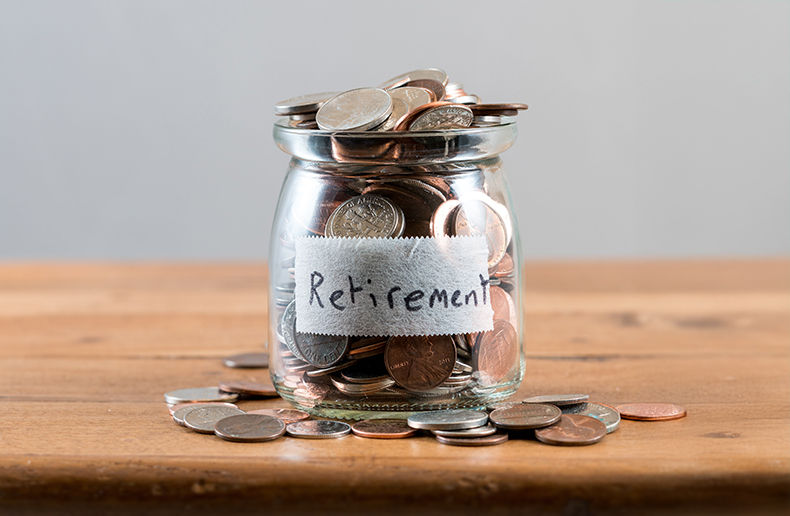The Conference Board of Canada released on March 23 an alternate economic outlook that forecasts real GDP to fall by 1.1 per cent in 2020, if social distancing measures taken to contain the COVID-19 outbreak continue until August. The baseline forecast was for GDP to grow by 0.3 per cent.
“These are extraordinary times. Canadian leaders, business owners and households are facing unprecedented uncertainty, says Pedro Antunes, chief economist, of The Conference Board. “If this scenario holds true, we can expect a deeper and longer-lasting hit to the Canadian economy. Still, governments have acted swiftly to mitigate health and economic impacts, once COVID-19 is contained, the economy will rebound.”
Consumer-led recession
The Conference Board estimates 330,000 jobs could be lost in the second and third quarters, raising the unemployment rate to 7.7 per cent. Industries servicing tourism, household services, and resource sector construction may suffer double-digit declines in the second and third quarters.
diminished
Government aid, lower interest rates and other measures to increase liquidity will help against household and business bankruptcies, mitigating the impacts of the crisis for Canada’s financial institutions.
Slowing real estate markets
New home construction is expected to compensate for slowing real estate markets. A rebound in household spending is expected in the last quarter, and into 2021, assuming the pandemic is contained by September.
Investment in the resource sector will be negatively affected by weak growth in the United States and globally mays cause a more prolonged drought in commodity prices. Oil prices will remain low and investment in the oil patch will keep shrinking, though an agreement between Russia and Saudi Arabia is assumed.
“Pent-up consumer demand will help economic activity rebound, with real GDP growth of 3.3 per cent forecast in 2021,” says the report. To learn more, consult The Conference Board’s research here.












